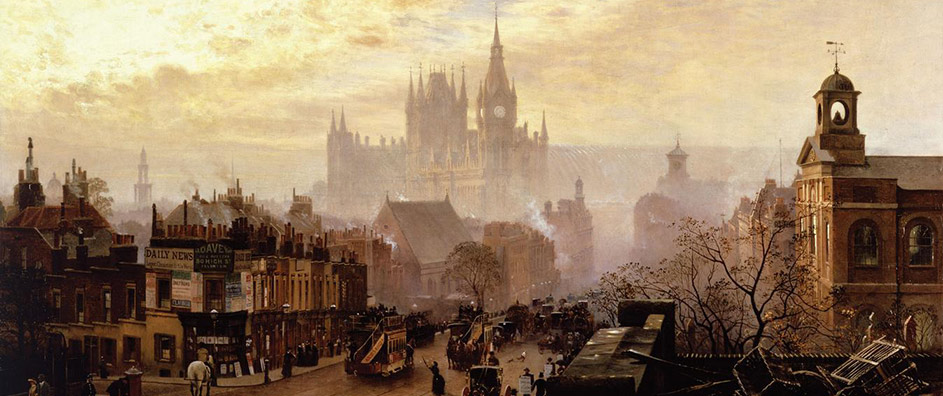The Bahá’í Faith, a religion founded in the mid-19th century by Bahá’u’lláh, emphasizes concepts of unity, peace, and the intrinsic value of all religions. One of its key figures, `Abdul-Baha`, the son of Bahá’u’lláh, played a significant role in disseminating these teachings. Among the various aspects of Abdul-Baha’s life and work, his first Christmas celebration provides an intriguing lens through which one may examine the synthesis of Bahá’í principles with traditional customs.
In the context of `Abdul-Baha’s` first Christmas, it is essential to discuss the historical, cultural, and theological implications of this event. `Abdul-Baha`, who was born in 1844 in Persia, later traveled extensively, propagating the Bahá’í message across the globe. His first Christmas would have occurred during his time in America, specifically in the early 20th century, following his journey to the United States in 1912. The significance of the occasion lies in the juxtaposition of Bahá’í teachings with the Christian tradition, fostering a spirit of interfaith dialogue.
Bahá’í teachings articulate a universal truth that transcends individual religious doctrines. `Abdul-Baha` viewed Christmas not merely as a religious observance but as an opportunity to reflect on spiritual realities common to all faiths. He illuminated the teachings of Jesus Christ, emphasizing love, compassion, and service to humanity, which resonate deeply within the Bahá’í framework. Such teachings advocate for the recognition of fundamental principles shared across different religions, thereby nurturing a sense of unity among diverse cultures.
Another key aspect of `Abdul-Baha’s` first Christmas was his approach to celebrating it. The occasion was marked by an inclusive spirit, embracing the values of generosity and kindness. He encouraged Bahá’í friends to participate in charitable acts, thereby making the celebration not only a personal experience but also a communal one. This practice aligns with the Bahá’í principle of service to humanity, reinforcing the idea that true joy is derived from giving and uplifting others.
The customs surrounding Christmas, including the aesthetics of the celebration—such as decorations, gift-giving, and communal gatherings—are worth examining. `Abdul-Baha` appreciated the beauty and warmth that these practices brought to the holiday season. However, he emphasized that the external trappings should not overshadow the internal objectives of fostering love and connection among individuals. His perspective invites Bahá’í followers to approach cultural practices with discernment, allowing for a balance between adherence to tradition and the promotion of underlying spiritual principles.
Additionally, the context of `Abdul-Baha’s` first Christmas serves as a vivid illustration of the Bahá’í commitment to the principles of equality and the eradication of prejudices. The celebration occurred during a time when the Bahá’í Community was striving to establish privileges for women and foster harmonious race relations. Abdul-Baha’s inclusive celebration proactively sought to bridge interfaith divides, proclaiming that all humans are members of one family. His actions reinforce Bahá’í teachings regarding the oneness of humanity, encouraging diverse communities to come together in shared hope and goodwill.
In examining the theological ramifications of `Abdul-Baha’s` first Christmas, one must consider the Bahá’í view of Jesus Christ as one of the great Manifestations of God. While recognizing the significance of Christ in Christian belief, the Bahá’í Faith expands on this understanding through the notion that all prophets ultimately convey the same divine message tailored to the context of their respective eras. Therefore, `Abdul-Baha’s` celebration transcends a mere cultural affair, representing a deeper acknowledgment of the continuous revelation that characterizes the Bahá’í outlook on religious truth.
Pivotal reflections could also be drawn from `Abdul-Baha’s` teachings regarding spirituality during festive seasons. Christmas, with its emphasis on devotion, becomes an occasion for individuals to cultivate their spiritual capacities. Abdul-Baha articulated that through the remembrance of God and acts of community service, one could cultivate a more profound connection with the divine. This perspective allows Bahá’ís to approach the holiday season with a dual lens: appreciating the joyous traditions while simultaneously engaging in self-reflection and spiritual growth.
As one continues to explore the influence of `Abdul-Baha’s` first Christmas, various questions emerge about the role of cultural observances within a global religious framework like the Bahá’í Faith. How does the celebration of a traditionally Western holiday affect the Bahá’í conception of cultural relativity? What are the implications for Bahá’ís in predominantly non-Christian countries? These inquiries highlight a broader dialogue about the integration of cultural diversity within a universal framework, a hallmark of Bahá’í philosophy.
In conclusion, `Abdul-Baha’s` first Christmas serves as a poignant reminder of the Bahá’í ideals of unity, peace, and interfaith dialogue. Through this celebration, he illustrated that the essence of any festivity lies not solely in its practices but in its capacity to forge deeper connections among humanity. By embracing the teachings of various religious figures, individuals can cultivate a richer understanding of their spiritual journey. Bahá’í perspectives encourage us to transcend cultural barriers, illuminating a path that leads to communal harmony and mutual respect among all people.
